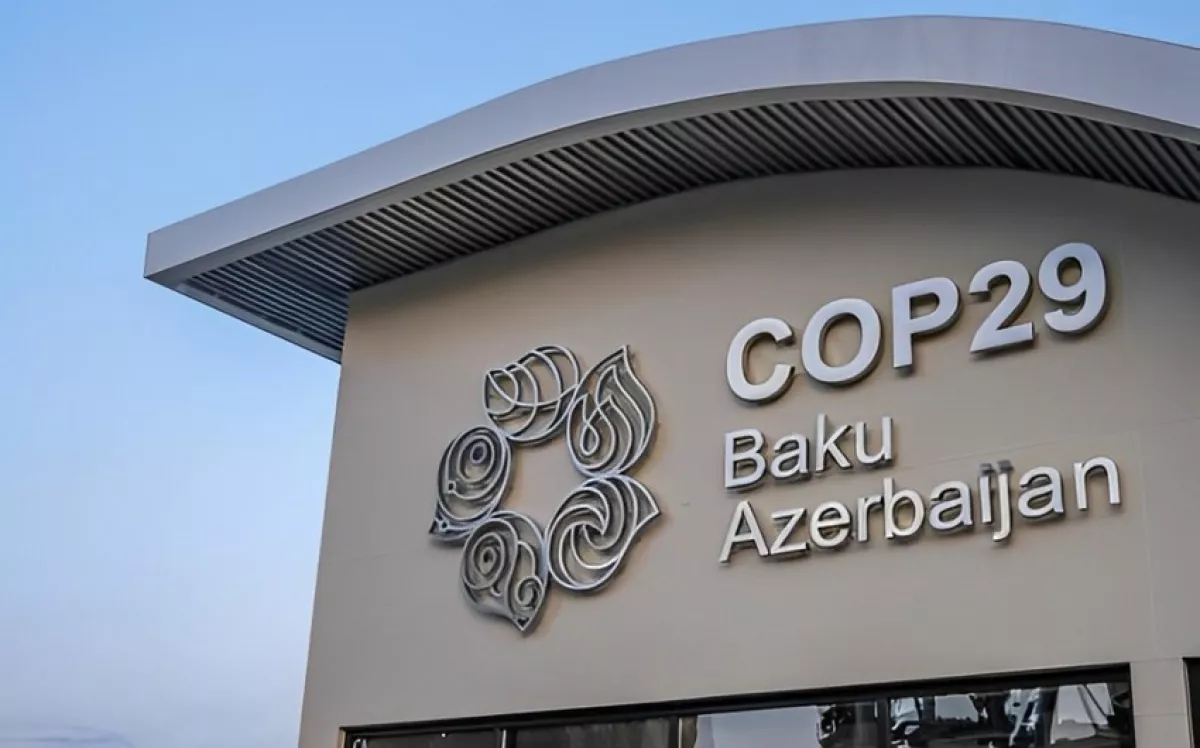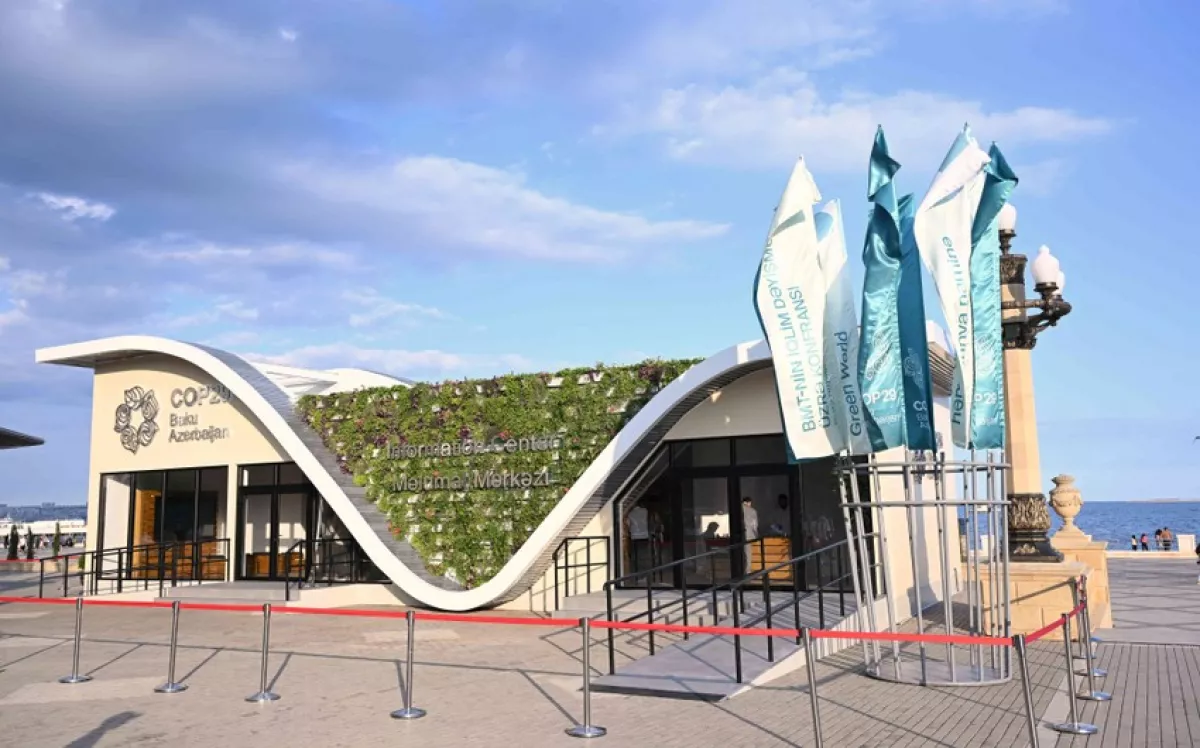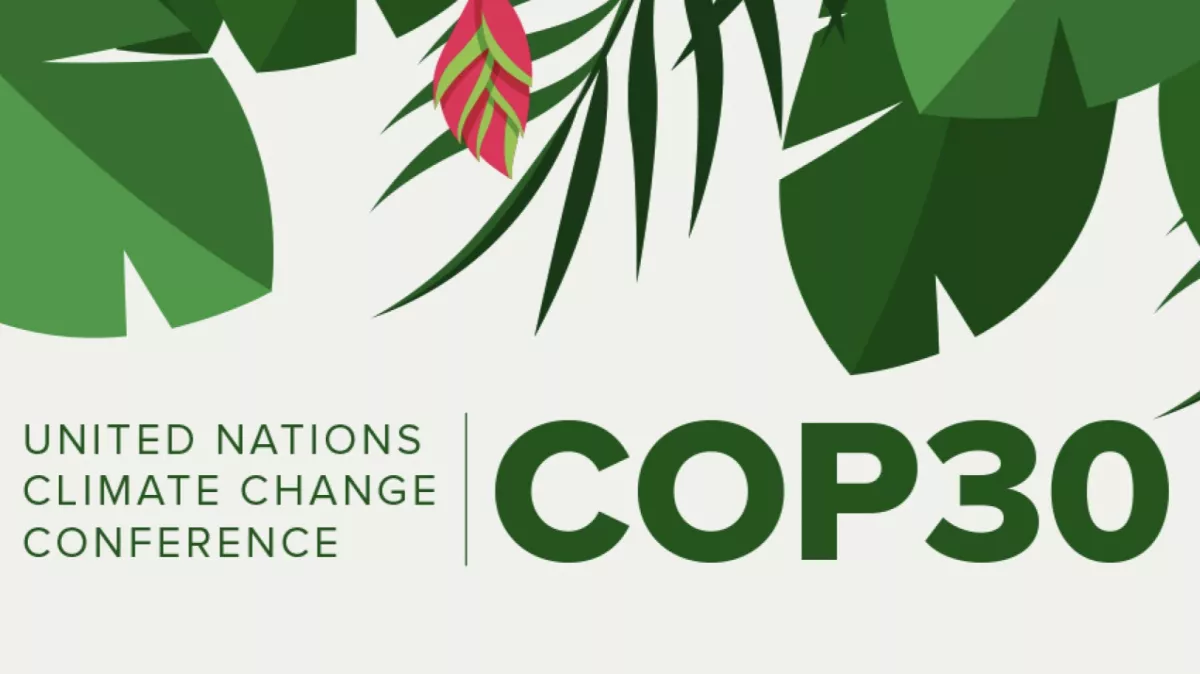Contrast between two summits COP29 delivered, COP30 disappointed
As is known, the Brazilian city of Belém has in recent days hosted the climate conference COP30. The event made the front pages of leading global media outlets, but unfortunately not because of its achievements—rather due to incidents that can only be described as “emergencies.”
According to several media reports, hundreds of participants had to be evacuated after a major fire broke out in one of the pavilions, with additional reports of people suffering from carbon monoxide poisoning.

Some delegates left the venue and returned to their hotels, while others sought shelter at a nearby petrol station. Journalists covering the summit believe that this incident will most likely delay the conclusion of any agreement.
In addition, COP30 was marked by a political scandal. German Chancellor Friedrich Merz, after his trip to Belém, stated at a trade conference in Berlin that no one from his delegation had expressed a desire to stay there.

“Ladies and gentlemen, we live in one of the most beautiful countries in the world. I asked some of the journalists who were with me in Brazil last week: ‘Which of you would like to stay here?’ None of them raised their hands. All of them were glad that we had returned to Germany from that place,” he said.
This, then, is the assessment of COP30’s organisation — one that naturally infuriated the host country to such an extent that the Mayor of Rio de Janeiro, Eduardo Paes, resorted to insults against the German Chancellor, calling him a “son of Hitler”, a “scoundrel”, and a “Nazi” on X.
He soon deleted the post, replacing it with the following message: “This was my way of letting off steam today. Stay calm at the Foreign Ministry. Long live the friendship between Brazil and Germany.” Nevertheless, such behaviour is unacceptable — a shocking reaction from a representative of the state hosting an international climate conference.
Undoubtedly, UN climate conferences are traditionally seen as platforms where political will, expert knowledge and enormous organisational efforts are concentrated to the maximum. And in this context, the contrast between two consecutive summits — COP29 and COP30 — is so stark that it cannot go unnoticed.

A comparison of these events leads to the following conclusion: Baku set a benchmark that Belém, to put it mildly, failed to reach. The Baku conference became one of those rare moments in climate diplomacy when all three key components aligned: flawless organisation, a record number of participants, and the substantive nature of the decisions adopted.
For Azerbaijan, this was more than just an international forum — it was a demonstration of the state’s ability to host global-scale events at the highest international standards. And the country undoubtedly succeeded.
Baku managed to create an infrastructure environment that was impeccable for tens of thousands of delegates — from logistics to security, from technical facilities to ensuring the comfort of working processes. This is crucial for events of this nature, where hundreds of meetings, panels and consultations take place simultaneously. Forum participants repeatedly noted that cooperation between government agencies, international organisations and the volunteer corps proceeded without disruption. And this was despite the fact that a large number of foreign journalists were practically scrutinising every detail in search of a pretext to tarnish the country as the host of COP29.
In our view, it is also worth highlighting the dignified behaviour of Azerbaijan’s official representatives. Not a single Azerbaijani official allowed themselves any sharp or inappropriate remarks — let alone insults — in response to the aggressive, openly biased and one-sided stance of certain foreign journalists. Each case was met with polite and well-reasoned replies.

Secondly, the scale of representation. The Baku conference entered history as one of the most widely attended: for dozens of heads of state and government, ministers, representatives of major corporations, transnational funds and environmental organisations, the Azerbaijani capital became a point of attraction. Such a concentration of influential political and economic actors transformed the summit into an event of not only environmental, but also geopolitical significance.
Thirdly, the substance of the decisions adopted. One of the main outcomes of COP29 was the agreement on establishing a new climate finance mechanism — a subject that had remained a stumbling block for many years. Against the backdrop of global uncertainty and disputes over burden-sharing, Baku succeeded in providing a platform where parties moved from declarations to concrete action. All these elements shaped the image of COP29 as a successful, strong and coherent conference that set a benchmark for subsequent summits.

Against this background, COP30 appears even more disheartening: instead of consistent preparation, it has been marked by a series of challenges — organisational, infrastructural and political.
As a result, while the Baku conference will be remembered as an example of discipline, responsibility and tangible outcomes — for which Azerbaijan deserves a standing ovation — COP30, judging by current developments, risks becoming a clear illustration of how organisational, political and infrastructural shortcomings can undermine even the most important global initiative.








